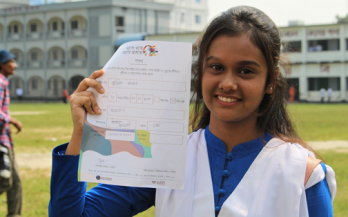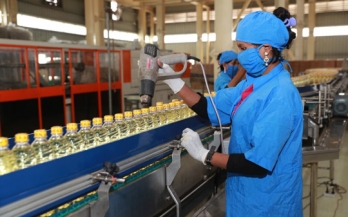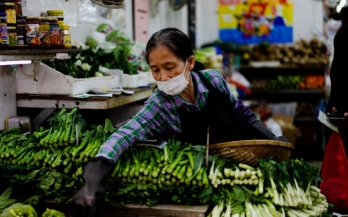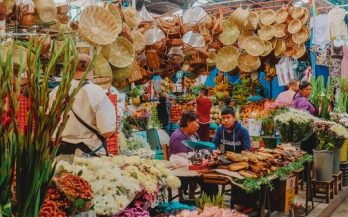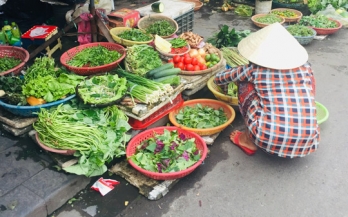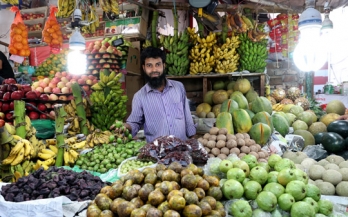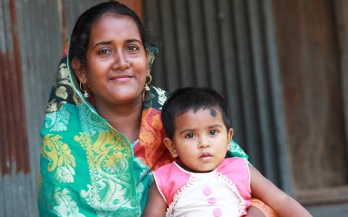The Government of People’s Republic of Bangladesh has just given the green light to the new Iodised Salt Act 2020 act aimed at improving the monitoring and efficacy of the country’s salt iodisation programme. The new Act will increase and incentivise compliance, as well as strengthen the ability of the regulatory authorities to enforce salt iodisation.
Lack of diversity in many people’s diets means that more than two billion people globally are deficient in at least one micronutrient, which has a transversal impact on individuals, communities, and nations. It is within this context that GAIN’s Large Scale Food Fortification (LSFF) portfolio of projects, which operate both at national and global levels, has been deployed, with the aim of increasing micronutrient intakes through the addition of bioavailable micronutrients (vitamins and minerals) to commonly consumed foods.
This study responds to earlier findings of suboptimal compliance with mandatory fortification of edible oil in Bangladesh. We aim to explain the root causes of poor compliance and to provide recommendations to strengthen the national fortification programme in Bangladesh and other similar contexts.
For many adolescents, COVID-19 has meant school closures, little contact with friends and a frustrating barrier to their lives and livelihoods. As difficult as those challenges are, however, the coronavirus has had even more serious repercussions. Namely, food and access to it. Although the data is still coming in, it appears that COVID-19 could reverse decades of hard-won gains when it comes to food security.
These document series summarise some rapid assessments undertaken by the Global Alliance for Improved Nutrition (GAIN) to understand early impacts of the COVID-19 coronavirus pandemic on food systems in a set of low- and middle-income countries where GAIN works (Bangladesh, India, Pakistan, Indonesia, Mozambique, Ethiopia, Kenya, Tanzania, Rwanda, and Nigeria).
These document series summarise some rapid assessments undertaken by the Global Alliance for Improved Nutrition (GAIN) to understand early impacts of the COVID-19 coronavirus pandemic on food systems in a set of low- and middle-income countries where GAIN works (Bangladesh, India, Pakistan, Indonesia, Mozambique, Ethiopia, Kenya, Tanzania, Rwanda, and Nigeria).
These document series summarise some rapid assessments undertaken by the Global Alliance for Improved Nutrition (GAIN) to understand early impacts of the COVID-19 coronavirus pandemic on food systems in a set of low- and middle-income countries where GAIN works (Bangladesh, India, Pakistan, Indonesia, Mozambique, Ethiopia, Kenya, Tanzania, Rwanda, and Nigeria).
In a commendable move to combat the effects of COVID-19, the Government of Bangladesh has announced a bailout package to support Small and Medium Enterprises (SMEs) by partially covering their interest payments for the current fiscal year until 30th June 2020. But the eventual impact of COVID19 pandemic and its potentially devastating impact on food systems, especially on the SMEs that are the backbone of food supplies.
The latest nutrition data out of Bangladesh describe a situation brimming with promise. The Bangladesh Demographic and Health Survey (BDHS) 2017/2018 estimates stunting at 31% and the UNICEF Multiple Indicator Cluster Survey (MICS) 2019 shows an even lower estimate of 28%.
